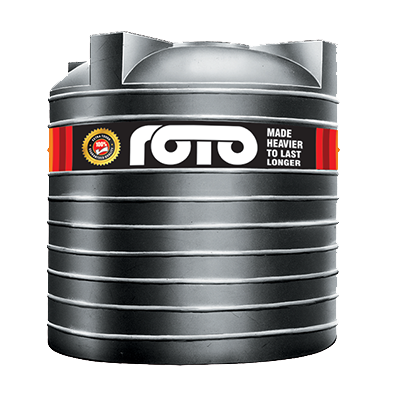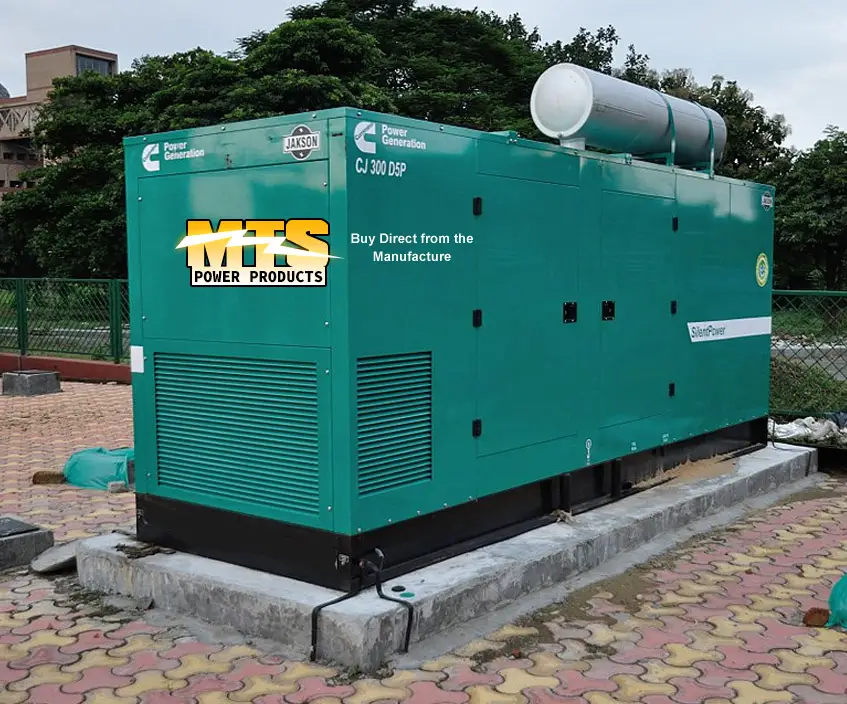Best Water Tanks for Nigerian Homes: Reviews and Buying Tips
Water storage is essential in Nigeria due to frequent water supply issues. Having a reliable water tank can make a significant difference in ensuring a steady water supply for daily needs. This guide will help you choose the best water tanks for your home, offering reviews of top products, essential buying tips, pricing information, and an some FAQs
Types of Water Tanks
Understanding the different types of water tanks is crucial before making a purchase. Here are the main types commonly used in Nigerian homes:
1. Plastic (Polyethylene) Tanks

Pros:
- Durability: Resistant to rust and corrosion.
- Lightweight: Easy to transport and install.
- Cost-effective: Generally more affordable than other materials.
Cons:
- UV Sensitivity: Prolonged exposure to sunlight can degrade the material unless UV-stabilized.
2. Fiberglass Tanks

Pros:
- Strength: Highly durable and resistant to extreme temperatures and chemicals.
- Lightweight: Easier to handle compared to steel tanks.
Cons:
- Cost: More expensive than plastic tanks.
- Brittle: Can crack if not handled properly.
3. Steel Tanks

Pros:
- Durability: Long-lasting and robust.
- Capacity: Suitable for large volumes of water storage.
Cons:
- Corrosion: Prone to rust without proper maintenance.
- Heavy: Difficult to transport and install.
Top Water Tanks for Nigerian Homes
Here are some of the best water tanks available for Nigerian homes, based on durability, capacity, user reviews, and price.
1. GP (GeePee) Tanks / General Purpose tanks

Features:
- Made of UV-stabilized polyethylene.
- Available in various capacities from 500 liters to 10,000 liters.
- Resistant to algae and bacterial growth.
Price Range:
- ₦20,000 to ₦150,000 depending on capacity.
Ideal For:
- General household use, especially in areas with frequent water shortages.
2. Sintex Triple Layer Water Tank

Features:
- Triple-layer construction for enhanced durability and insulation.
- FDA-approved food-grade material.
- Available in capacities ranging from 500 to 5,000 liters.
Price Range:
- ₦30,000 to ₦100,000 depending on capacity.
Ideal For:
- Homes needing higher insulation to keep water cool.
3. Niplast Water Tanks

Features:
- UV-stabilized and food-grade plastic.
- Sizes ranging from 500 to 10,000 liters.
- Easy to install and maintain.
Price Range:
- ₦25,000 to ₦120,000 depending on capacity.
Ideal For:
- Areas with high temperatures and direct sunlight exposure.
4. Roto Tanks

Features:
- Made from high-quality, durable polyethylene.
- UV-resistant and available in various sizes.
- Designed to prevent algae growth.
Price Range:
- ₦20,000 to ₦110,000 depending on capacity.
Ideal For:
- Residential areas with limited space for installation.
Buying Tips
Choosing the right water tank involves several considerations:
1. Capacity Requirements
Assess your household’s water consumption to determine the tank size. A family of four typically requires a tank with a minimum capacity of 1,500 liters to meet daily needs.
2. Material and Durability
Consider the material based on your local climate and installation location. Polyethylene tanks are ideal for their balance of cost and durability, while steel tanks are best for long-term use despite their higher cost and maintenance requirements.
3. Installation Space
Ensure you have adequate space for the tank. Vertical tanks are suitable for smaller areas, while horizontal tanks require more ground space but offer easier access.
4. Maintenance Needs
Choose tanks that are easy to clean and maintain. Features like anti-algae coating and accessible manholes can simplify maintenance tasks.
5. Budget
While it’s important to consider your budget, don’t compromise on quality. Investing in a high-quality tank will save you money in the long run by reducing maintenance and replacement costs.
Installation and Maintenance
Proper installation and regular maintenance are crucial for the longevity of your water tank.
Installation Tips
- Location: Install the tank on a flat, stable surface away from direct sunlight to reduce UV degradation.
- Support: Use a strong base, such as a concrete platform, to prevent the tank from sinking or tilting.
- Plumbing: Ensure proper plumbing connections to prevent leaks and facilitate easy water flow.
Maintenance Tips
- Regular Cleaning: Clean the tank every six months to prevent sediment build-up and bacterial growth.
- Inspect for Leaks: Regularly check for cracks or leaks and repair them promptly.
- Cover the Tank: Use a tight-fitting lid to keep out debris and insects.
Frequently Asked Questions
1. What is the best material for water tanks in Nigeria?
The best material depends on your needs and budget. Polyethylene (plastic) tanks are popular due to their affordability, durability, and resistance to rust. Steel tanks are robust and ideal for large capacities but require maintenance to prevent rust.
2. How often should I clean my water tank?
It’s recommended to clean your water tank every six months to prevent sediment build-up and bacterial growth. Regular cleaning ensures the water remains safe for consumption.
3. Can I install a water tank myself?
Yes, you can install a water tank yourself, but ensure it’s placed on a flat, stable surface and properly connected to your water system. For larger tanks or complex installations, consider hiring a professional.
4. How do I prevent algae growth in my water tank?
To prevent algae growth, choose a UV-stabilized tank, keep the tank covered, and clean it regularly. Avoid placing the tank in direct sunlight if possible.
5. What size of water tank do I need for my home?
The size depends on your household’s water consumption. For a family of four, a tank with a minimum capacity of 1,500 liters is typically sufficient. Larger households or those with higher water needs may require bigger tanks.
Conclusion
Investing in a high-quality water tank is essential for ensuring a reliable water supply in Nigerian homes. By considering factors such as capacity, material, installation space, and maintenance needs, you can choose the best water tank for your household. Brands like GP Tanks, Sintex, Niplast, and Roto offer excellent options that balance durability, capacity, and cost.
Remember, regular maintenance is key to prolonging the life of your water tank and ensuring a continuous supply of clean water. With the right water tank and proper care, you can significantly improve your household’s water management system.


Leave a Comment